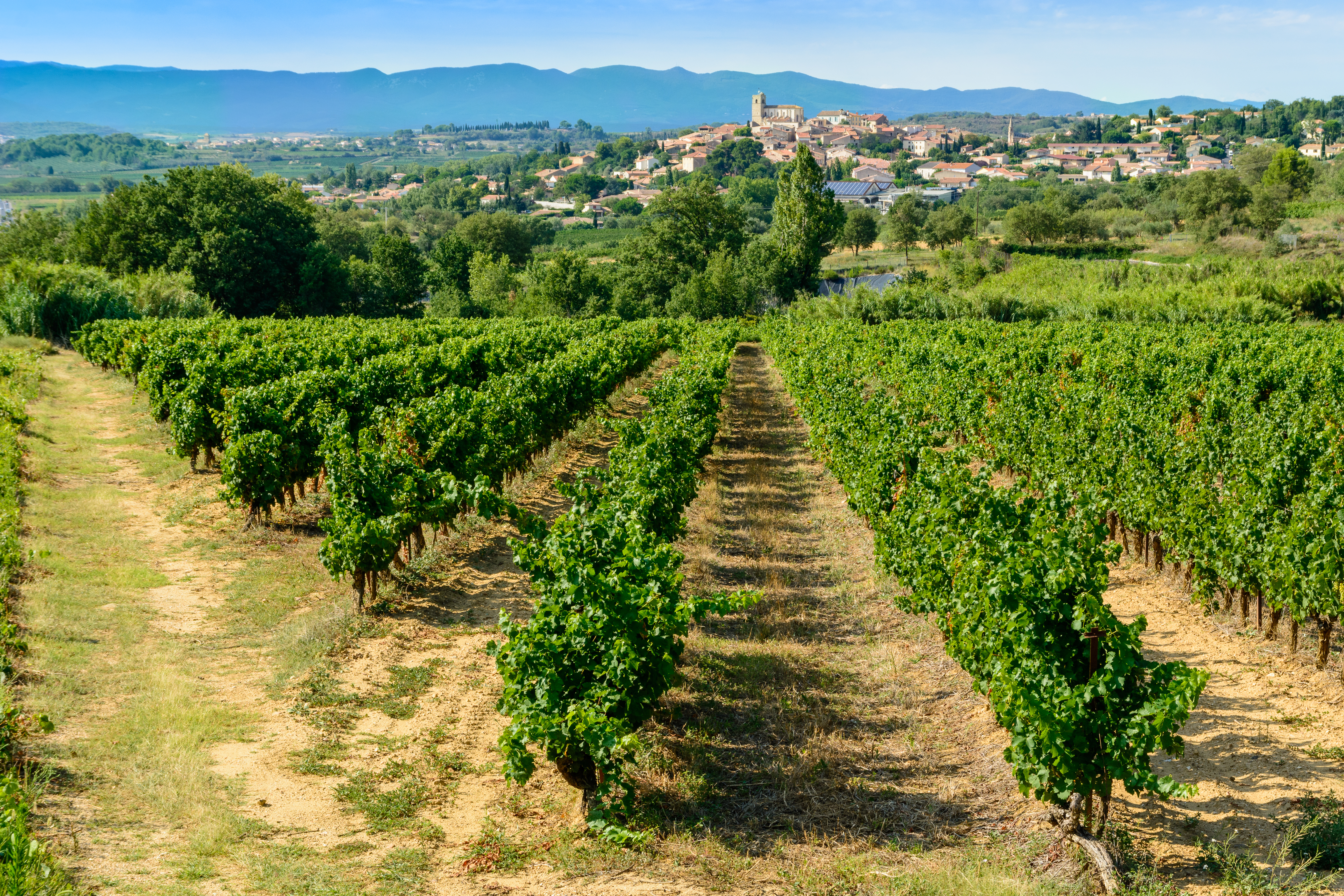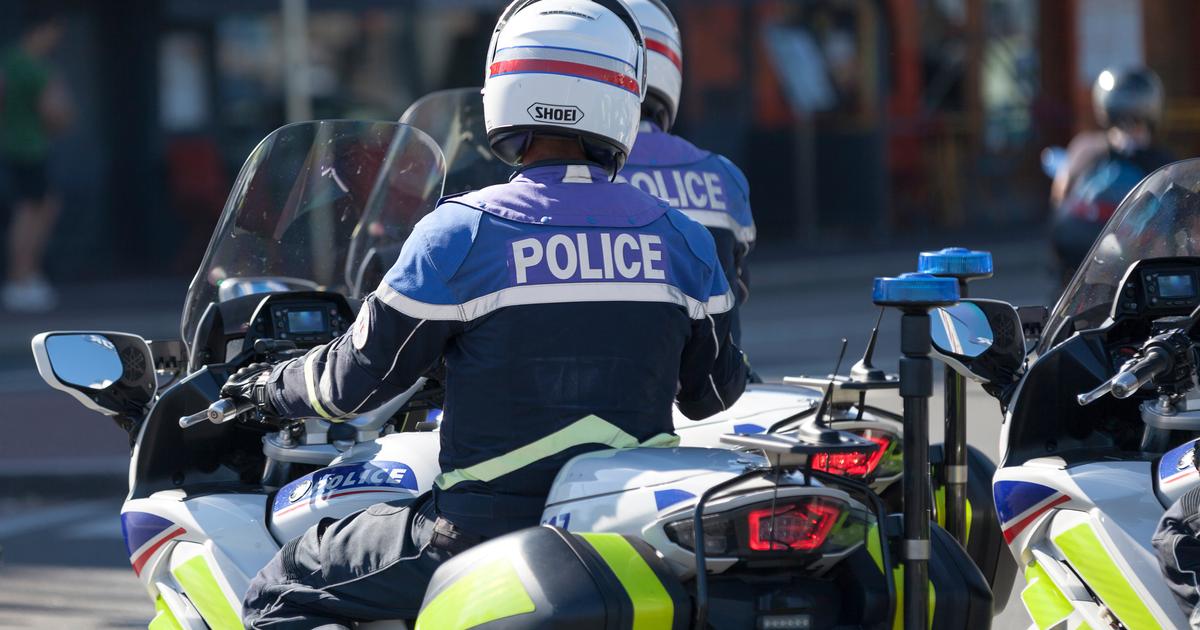" The smell can surprise." Usually, hydroalcoholic gels are made from neutralized, odorless ethanol. Except that since the beginning of confinement, some pharmacies and laboratories produce their gel based on vinous alcohol, distilled from grape marc and lees, a deposit found at the bottom of wine tanks. " It is true that it may surprise a little at the beginning, it smells a lot of wine. Some pharmacies asked me if we could slightly modify our production process , ”laughs Anne Arbeau.
Read also: Outdated pharmacies faced with the depletion of hydroalcoholic gel stocks
With her brother, Géraud, she is at the head of Vignobles Arbeau, a family business started in 1878. In addition to their estate located in Labastide-Saint-Pierre, a small village in Tarn-et-Garonne, around forty km from Toulouse, these wine merchants have a distillery that is over a century old. For the past month, they have been selling their wine alcohol to pharmacies and laboratories in the region.
Anne and Géraud Arbeau produce wine alcohol from grape marc or wine lees. Arbeau vineyards
“ The mayor of a village in the department called us one day, because the pharmacy in his village needed alcohol and could not find more , says Anne Arbeau. Their supplier had no more stocks, due to the high demand. He asked us if we could provide alcohol. Then, it was a winemaker from Gaillac, with whom we work, who contacted us to tell us that a pharmacy was desperately looking for alcohol. So we decided to find out. ” She explains that she then contacted the Montauban customs office and " obtained an authorization " to sell to pharmacies.
Tension on alcohol
Originally, wine alcohol cannot be used as a component of the hand gel, despite the decree of March 20, 2020 which widens the possibilities of usable alcohol. " We fought for derogations, " recognizes Gironde senator Nathalie Delattre, member of the Radical Party.
She, who is also vice-president of the National Association of Elected Officials in Vine and Wine (ANEV), mobilized alongside distilleries and other players in the wine sector in her department. “We had to pass a laboratory expertise phase, several samples were studied , explains Nathalie Delattre. A European standard indicates that wine alcohol does not enter into alcoholic solutions, because it requires alcohol at 96 degrees. It was therefore necessary to demonstrate that these purified alcohols were eligible ”.
The senator and the distilleries of the department were supported by the Interregional Customs Directorate of Bordeaux. The samples of the various wine alcohols were analyzed at the customs laboratory in Pessac. " We got the results a few days later ," added the Senator for Gironde. Then the customs service took care of everything, saw with the Regional Health Agency (ARS), and we got a waiver to supply this alcohol . ” On the side of the General Directorate of Health, it is confirmed that the wine growers and distilleries who would like to sell their wine alcohol are invited to contact the ARS of their region and the customs services, in order to obtain derogations.
The Union of Aquitaine Wine Cooperatives (UCVA), which owns the Coutras distillery, also fought for a waiver. “ The idea was to do something to help locally. There was a tension over a raw material, we were asked if we could supply it, ”comments the director of the UCVA. " Aware of the need ", he knew that wine alcohol did not fall within the " regulatory framework ". " Our facilities allow to greatly purify some of our alcohol, we were convinced to be able to enter the specifications ," he says. In-depth analyzes have notably made it possible to obtain a derogation. So we were able to produce it quickly . ”
Favor local players
The distilleries are not the only ones to sell wine alcohol intended for the manufacture of gel. The main activity of the company Ciron, based in Barsac, in Gironde, is to denature the alcohol in order to make it available to pharmacies, among others. Faced with the difficulties of its usual suppliers, the company turned to local players. " We are in Gironde, around us there is such a large pool of alcohol, it was a shame to do without," said Xavier Hien, manager of the company. We therefore obtained an exemption in order to use raw materials from the vineyard ”.
“ This solidarity is important , argues Senator Delattre. The wine industry is very destabilized by the current epidemic. The fact of being able to help, it puts balm in their hearts . ” The socialist MEP Eric Andrieu has also implored this Tuesday the European Commission to come to the aid of the wine growers, by allowing them to distill their stock of wine, and thus to sell their production. “ The European Commission has the legal and financial tools to intervene on the market in times of crisis. If it does not do so today, small producers risk disappearing, "he warned, interviewed by AFP. He also recommends that this alcohol be used to make hydroalcoholic gel.
“ We have raw materials that can be of service. We tell ourselves that at least we are doing something, ” says Anne Arbeau. " My brother is still distilling the lees, it takes us time, especially since we are in reduced numbers at the moment. Used to selling their alcohol in large quantities in tanks, the company now sells " at retail ". For the past month, Vignobles Arbeau has supplied around fifty pharmacies in Occitanie.



/cloudfront-eu-central-1.images.arcpublishing.com/prisa/D7W7H5QIYFDWBFZUDGT2MIB6YY.jpg)










